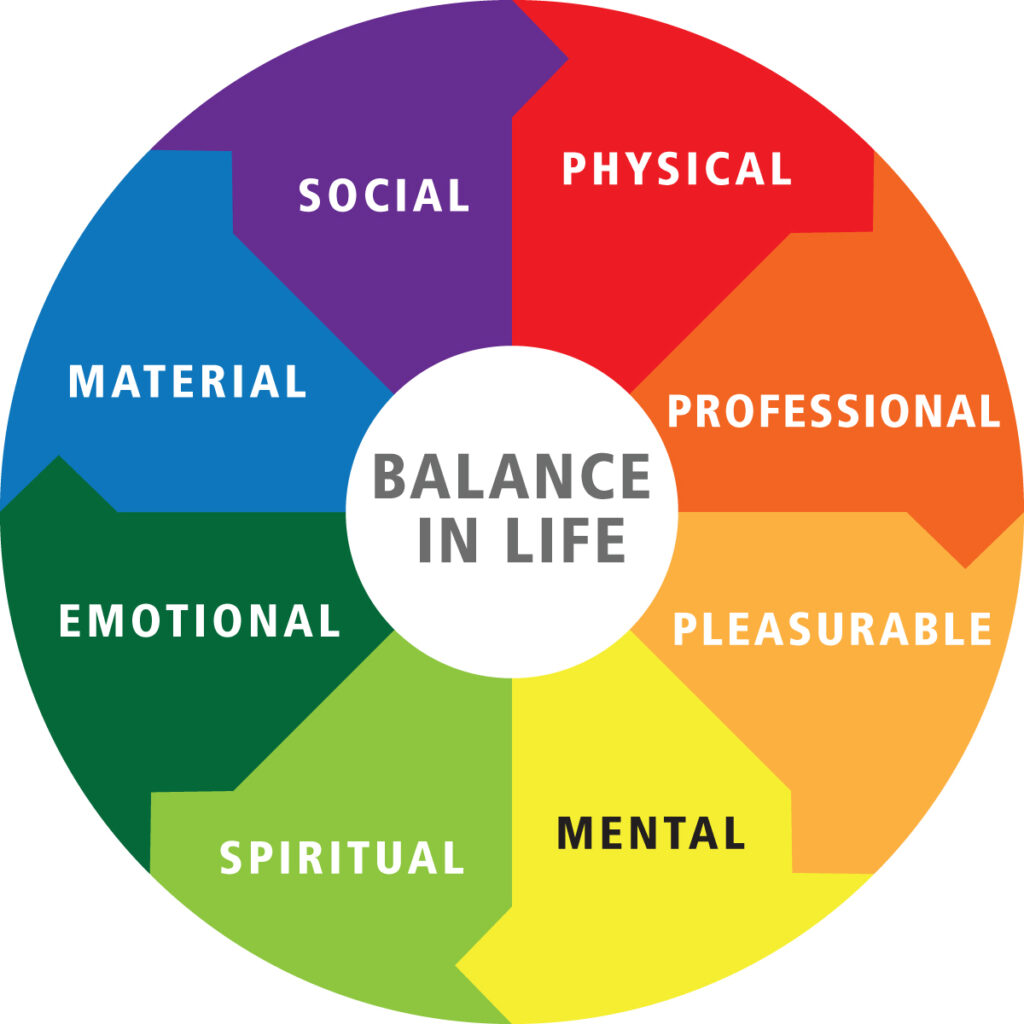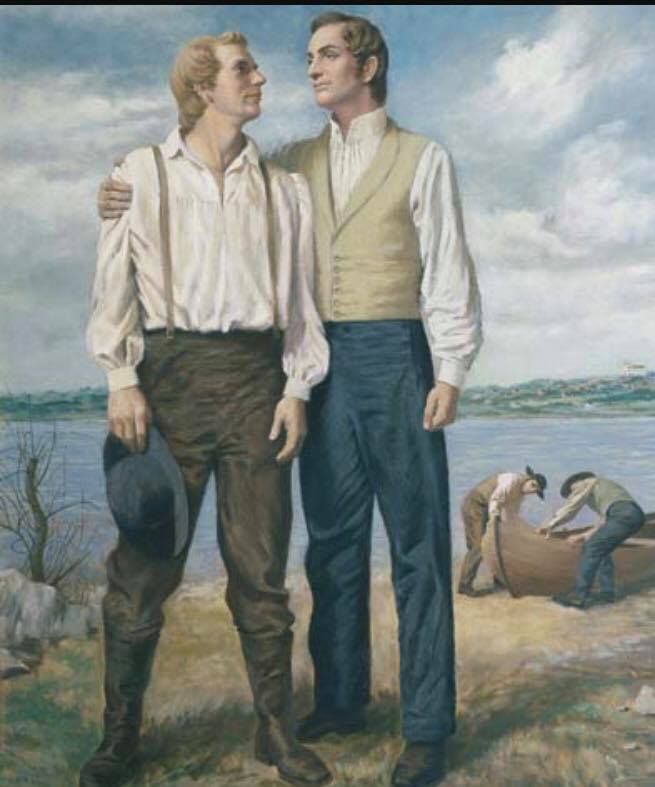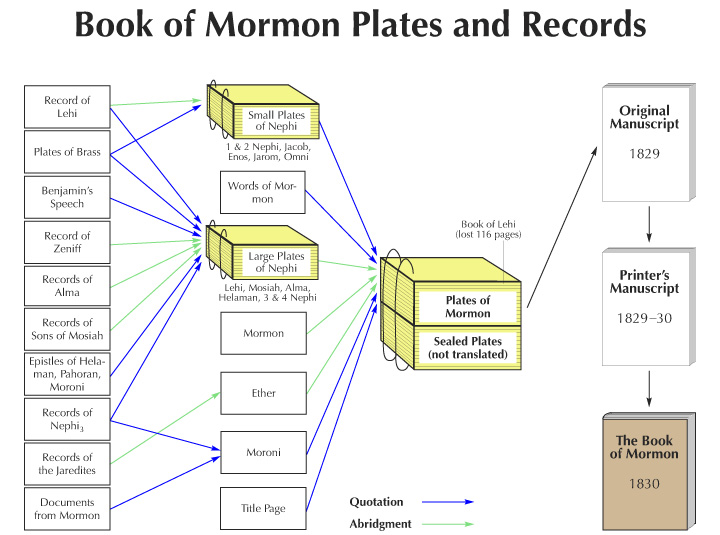To accompany your Come Follow Me study for February 10-16
In addition to reading D&C 10-11 this week, you will also want to read:
- https://latterdaysaintmag.com/how-martin-harris-lost-the-116-pages/
- The Lost 116 Pages – What We Think Was On There And What People Said Was On There! At ttps://thiscountsashometeaching.blogspot.com/2019/07/the-lost-116-pages-what-we-think-was-on.html
- 7 Things We Now Know About the Lost 116 Pages of the Book of Mormon at https://www.ldsliving.com/7-Things-We-Now-Know-About-the-Lost-116-Pages-of-the-Book-of-Mormon/s/87422
- Saints 1:51-61
- Chapter 3: Doctrine and Covenants 3; 10 (churchofjesuschrist.org)
- Chapter 7: Doctrine and Covenants 4; 11–12; 14–16 (churchofjesuschrist.org)
- Joseph Smith’s Revelations, Doctrine and Covenants 10 (churchofjesuschrist.org)
- Joseph Smith’s Revelations, Doctrine and Covenants 11 (churchofjesuschrist.org)
You may also enjoy the following video:
- If you would like a Kahoot game related to this material that you can use with your family or class, click the following link: https://create.kahoot.it/share/doctrine-and-covenants-10-11/1de2ecda-ae7f-45bc-afc3-e69504493e53. To use it with a group, after clicking on this link, you will need to log into Kahoot, creating a free account if you have not done so previously, then click on the blue “Host Live” button or the gray “Assign” button, depending on how you wish to use the Kahoot. Some of the Kahoot questions may presuppose that the player has read through the suggested answers to the following Points to Ponder and at least has browsed the Institute student manual as well.
Points to Ponder in D&C 10-11
1. If Martin Harris was as “wicked” as 10:1, 7 seems to indicate, why would the Lord have chosen him as one of the Three Witnesses?

2. Why was the counsel given in 10:4 necessary? Isn’t it by definition impossible to run faster or labor more than one has strength? Had Joseph Smith taken the instructions in 4:2 too seriously? Are active Latter-day Saints in general more likely to get into trouble by working too hard and long in the Church or not hard and long enough?
3. What personal suggestions do you have as to how one can achieve the kind of balance in life which is suggested by 10:4?

4. Section 10 suggests that conspiring individuals planned to alter the original of the lost 116 pages if Joseph Smith retranslated them to show that he could not translate the same way twice. But could he in fact have translated the document in the same way twice? Or was the wording of the inspired ideas so much left up to Joseph that his enemies wouldn’t even have had to alter the original to point to significant differences in the wording?
5. How do the Large Plates of Nephi, the Small Plates of Nephi, the Plates of Mormon, and the Words of Mormon all fit into the subject matter of D&C 10?
6. What do we know about how Martin lost the 116 pages?

7. What are the most interesting tidbits we have from third hand sources as to what additional information was contained on the 116 lost pages? See:
- The Lost 116 Pages – What We Think Was On There And What People Said Was On There! At https://thiscountsashometeaching.blogspot.com/2019/07/the-lost-116-pages-what-we-think-was-on.html
- 7 Things We Now Know About the Lost 116 Pages of the Book of Mormon at https://www.ldsliving.com/7-Things-We-Now-Know-About-the-Lost-116-Pages-of-the-Book-of-Mormon/s/87422
8. To what extent does conversion to the Church of Jesus Christ of Latter-day Saints involve discarding false beliefs and to what extent is it primarily an addition of new beliefs to those previously held? What does 10:52 have to do with this?
9. How do you explain 10:55, which seems to suggest that it isn’t even important to believe, as long as one belongs to the true church?
10. Why do you suppose some early revelations, such as sections 11 and 14-16, were received through the Urim and Thummim, when the device seems not to have been used for any of the later ones?

11. Sometimes the feeling produced by the Holy Ghost is described as a burning in the bosom. List three other descriptions of that feeling found in section 11.
12. Which verse in D&C 11 do you consider most applicable to prospective missionaries today, and why?
13. D&C 11 seems to have been given to correct what mistaken idea of Hyrum Smith?

14. What, to you, is the biggest and most currently applicable lesson out of each of this week’s sections of the D&C?
15. What other passages in D&C 10-11 did you find personally meaningful, and why?
Possible Answers to Points to Ponder in Doctrine and Covenants 10-11
1. If Martin Harris was as “wicked” as 10:1, 7 seems to indicate, why would the Lord have chosen him as one of the Three Witnesses?
Evidently, he repented!
2. Why was the counsel given in 10:4 necessary? Isn’t it by definition impossible to run faster or labor more than one has strength? Had Joseph Smith taken the instructions in 4:2 too seriously? Are active Latter-day Saints in general more likely to get into trouble by working too hard and long in the Church or not hard and long enough?
Most people seem in more danger of doing too little than of working too hard in the Lord’s work, but there are exceptions. Some bishops, for example, probably need to spend less time and worry with members of their wards and more with their families. The Lord seems to be counseling Joseph Smith to go at a pace that he could joyfully maintain rather than burn himself out physically or emotionally by trying to do too much all at once. While it is, of course, impossible literally to run faster than one has strength, it is not impossible to try, with sometimes unfortunate consequences.
3. What personal suggestions do you have as to how one can achieve the kind of balance in life which is suggested by 10:4?
I think one needs to be sure he takes time to strengthen himself spiritually, emotionally, and physically through personal scripture reading, meditation, recreation, vacations, etc., so that he is better able to serve others and is not himself more in need of help than he is able to help others.

4. Section 10 suggests that conspiring individuals planned to alter the original of the lost 116 pages if Joseph Smith retranslated them to show that he could not translate the same way twice. But could he in fact have translated the document in the same way twice? Or was the wording of the inspired ideas so much left up to Joseph that his enemies wouldn’t even have had to alter the original to point to significant differences in the wording?
Certainly, the Lord would have power to give the same words twice, but I think He would choose not to. The translation process seems to have been a matter of the Lord’s providing the inspired concepts, while leaving Joseph Smith some latitude to propose the precise language. Just as one of us would probably not translate a document into a foreign language in precisely the same words on two different days, so is it likely that Joseph Smith would not have come up with the same words twice, unless the Lord chose to intervene more than He apparently wanted to. But since the human element in the translation process was not well understood by those out of the Church (or even by those who were members), the enemies who planned to alter the manuscript would have still raised serious doubts in the minds of the weak.
5. How do the Large Plates of Nephi, the Small Plates of Nephi, the Plates of Mormon, and the Words of Mormon all fit into the subject matter of D&C 10?
The Lord, who knows all things from the beginning, knew back in Nephi’s day that Martin Harris one day would have a nagging and doubting wife who would insist on seeing the plates or at least the manuscript to allay her fears that Martin was being deceived and potentially swindled out of a lot of money. And the Lord knew Martin and Joseph would make a potentially serious mistake by Joseph’s finally loaning the manuscript to Martin to show to his wife and Martin’s thereafter showing it to anyone who wanted to see it, contrary to his promise, eventually losing it.
The Lord therefore prompted Nephi to keep two sets of plates—the large plates with a more comprehensive account of his family’s departure from Jerusalem, journey through the wilderness, and early years in the promised land, and the small plates with a briefer but more richly spiritual account of their experiences. Mormon abridged the large plates onto his own plates but left the small plates untouched—evidently sensing that they needed no abridgment. After the 116 pages of manuscript were lost or stolen, the Lord later instructed Joseph Smith to substitute his translation of the small plates of Nephi for what was lost from Mormon’s abridgment of the large plates. For purposes unknown to him but known to the Lord, Mormon wrote what we now call the Words of Mormon, which would later serve as a helpful explanatory bridge between where the small plates ended and our current Book of Mosiah begins.

6. What do we know about how Martin lost the 116 pages?
See How Martin Harris Lost the 116 Pages, at https://latterdaysaintmag.com/how-martin-harris-lost-the-116-pages/
7. What are the most interesting tidbits we have from third hand sources as to what additional information was contained on the 116 lost pages?
Your choice. Mine would include
- That Ishmael was of Ephraim and that his sons had previously married Lehi’s daughters, which helps explain why Lehi was so interested in Ishmael’s family going with them into the wilderness.
- That Lehi built a tabernacle in the wilderness where spiritual revelations were received
- A more complete description of the Liahona
- The Nephites’ discovery of the Jaredite interpreters, which presumably were the ones Moroni buried with the plates.
8. How do you explain 10:55, which seems to suggest that it isn’t even important to believe, as long as one belongs to the true church?
Naturally if one really “believes,” he will align himself with the true church as soon as he knows where to find it. See 10:67-68 for what the word “church” means in this case.
9. To what extent does conversion to the Church of Jesus Christ of Latter-day Saints involve discarding false beliefs and to what extent is it primarily an addition of new beliefs to those previously held? What does 10:52 have to do with this?
It may involve some of both, but the Lord’s emphasis in 10:52 is on adding to the already partially solid base that sincere non-members bring with them.
10. Why do you suppose some early revelations, such as sections 11 and 14-16, were received through the Urim and Thummim, when the device seems not to have been used for any of the later ones?
Perhaps the Urim and Thummim served either as a necessary revelatory medium or confidence builder, perhaps like “training wheels,” while Joseph Smith was still learning how to receive revelation but were unnecessary (as well as unavailable) later in his prophetic career.
11. Sometimes the feeling produced by the Holy Ghost is described as a burning in the bosom, such as in D&C 9. List three other descriptions of that feeling found in section 11.
- enlightening of the mind (v. 13)
- joy (v. 13)
- impels one to do good, walk humbly, judge righteously, etc. (v. 12)
12. Which verse in D&C 11 do you consider most applicable to prospective missionaries today, and why?
Perhaps verse 21, which instructs prospective missionaries to prepare before they attempt to preach. This could be considered the scriptural justification for today’s Missionary Training Centers.

13. D&C 11 seems to have been given to correct what mistaken idea of Hyrum Smith?
That he should go out immediately to begin preaching, even before there was a Book of Mormon or a church.
14. What, to you, is the biggest and most currently applicable lesson out of each of this week’s sections of the D&C?
Your choice. Perhaps to me they would be:
Section 10: The Lord knows what mistakes we are going to make and has already prepared a way for us to recover from them, if we’ll follow His instructions.
Section 11: We need to prepare the best we can before attempting to preach the gospel or fulfill other assignments from the Lord.
15. What other passages in D&C 10-11 did you find personally meaningful, and why?
Your choice. Mine might include:
- 10:5 Pray always, to conquer Satan and his servants
- 10:50, 51 Promises to this land and its inhabitants
- 10:63 Satan’s efforts to promote contention over doctrinal matters
- 11:6 Seek to bring forth and establish the cause of Zion
- 11:7 Seek not for riches but for wisdom and the mysteries will be unfolded to you.
- 11:8 Another probably transferable promise that “if you desire, you shall be the means of doing much good in this generation.”
- 11:9 Another reminder to say nothing but repentance to this generation. In other words, avoid useless speculation about matters not yet revealed and focus on helping people change their lives.

Presidente y Hermana Cazier.
Thank you so much for this wonderful resource and for your insight. It helps me so much to teach the, “Ven, Sígueme” course in Spanish in the Burleson, Texas Stake.
I would love to share another resource for Come, Follow Me that was shared by our bishopric. It is this podcast: https://podcasts.apple.com/us/podcast/follow-him-come-follow-me-podcast-featuring-hank-smith/id1545433056?i=1000507154551
Or it can be reached by searching for Follow Him by John Bytheway and Hank Smith. May Heavenly Father bless you and your family.